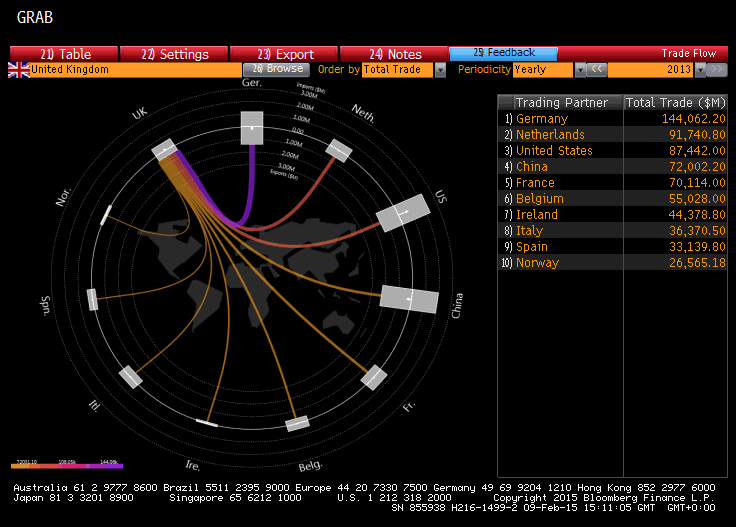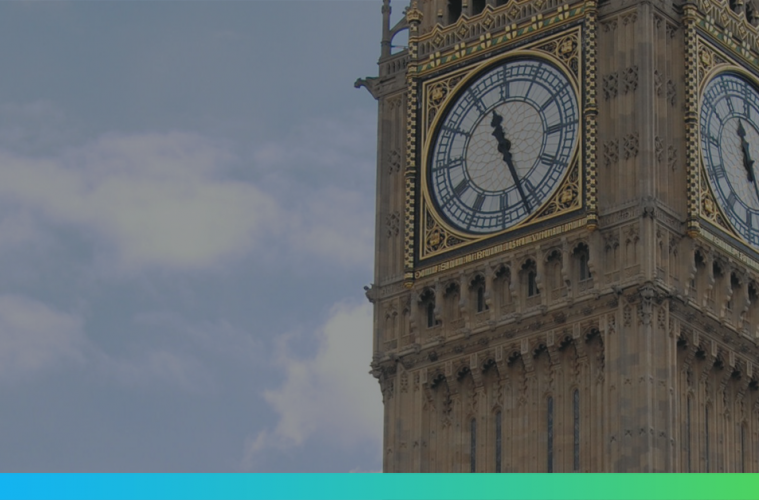
Free trade stops wars. This short phrase is the thing I remember most from my days studying economics. It is a simple premise of course; more of good thing A means less of bad thing B. Wouldn’t everyone prefer to be able to trade goods as opposed to bullets; a place where only products and not missiles are launched?
The American author Thomas Friedman wrote a book in 1999 called ‘The Lexus and the Olive Tree’, within which is a look at the idea of a capitalist peace i.e. that ongoing economic prosperity decreases the incentive of a country to go to war. While the following example may sound glib it has stuck in mind since I heard it.
“No two countries that both have a McDonald’s restaurant had fought a war against each other since each got its McDonald’s”.
The posit goes that once a country has become developed enough to have a McDonald’s – and a middle class desire for similar goods emerges – then the interest in fighting wars no longer exists. A lot of this depends on what you call ‘war’; both Ukraine and Russia have McDonald’s restaurants. The theory was later updated, declaring that countries that were members of the ‘global supply chain’ are no longer interested in war, such is the damage that a war could do for inward corporate investment.
According to figures from the IMF, the UK is the eighth largest trading nation in the world with total trade in 2013 equalling nearly $1.1trillion worth of goods and services. In the chart below, we can see who these trade partners are. Of the top ten trading partners of the UK, eight are members of the European Union. As much as some countries are specialists in certain markets, geography is a compelling reason for trade. The US’s largest trade partner is Canada. Germany’s is the Netherlands. Russia does more of its trade with China than anywhere else.

TTIP sounds like some kind of new way of getting the internet on your phone but is instead a trade deal being worked on between the EU and the US. While the European Commission and European policy makers have long championed a new trade agreement with the United States as a way to boost growth and employment in Europe, the public has grown increasingly sceptical towards the agreement.
All three major parties in the UK back the Transatlantic Trade and Investment Partnership. The Greens oppose it vehemently whilst UKIP would prefer new treaties to be negotiated after an exit from the EU. Protest has sprung up around the investor state dispute settlement (ISDS) mechanism that would allow corporations to sue governments – such as those of the UK or the EU – should they feel that rules or prior agreements have been broken. Investor protections are needed, of course, but with ISDS in its current state we will not see this trade plan pass all EU governments as it needs to do.
A similar deal between the US and 12 pacific nations – not including China – has been in the offing since 2005 and trade advocates in Europe believe that without a deal done here, then the US will be more turned to Asia than across the Atlantic.
Free trade stops wars. Apart from the war for trade it seems.
Click HERE to take our first pre-election survey
If you enjoyed this article, we’d love you to share it, using the buttons below:


